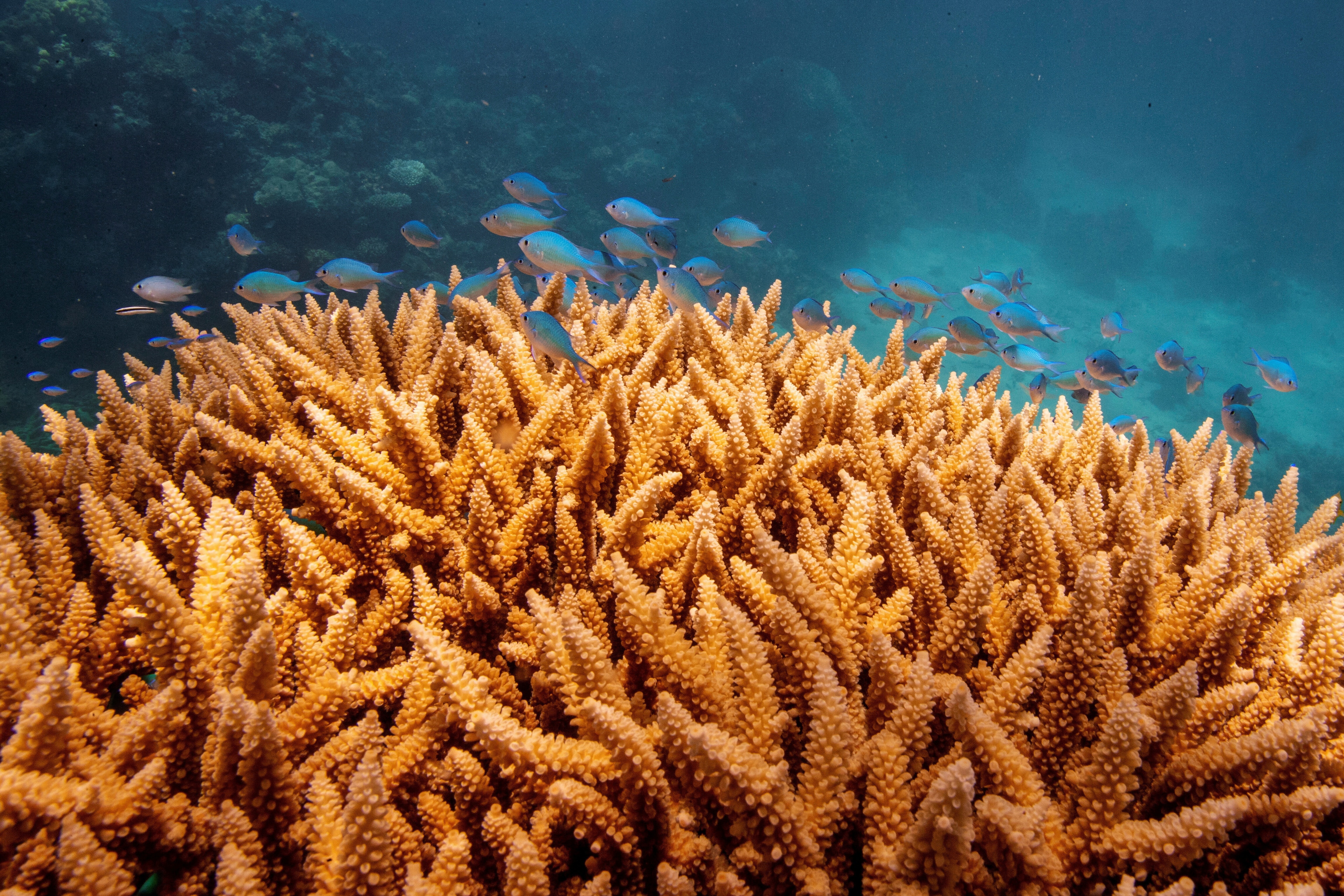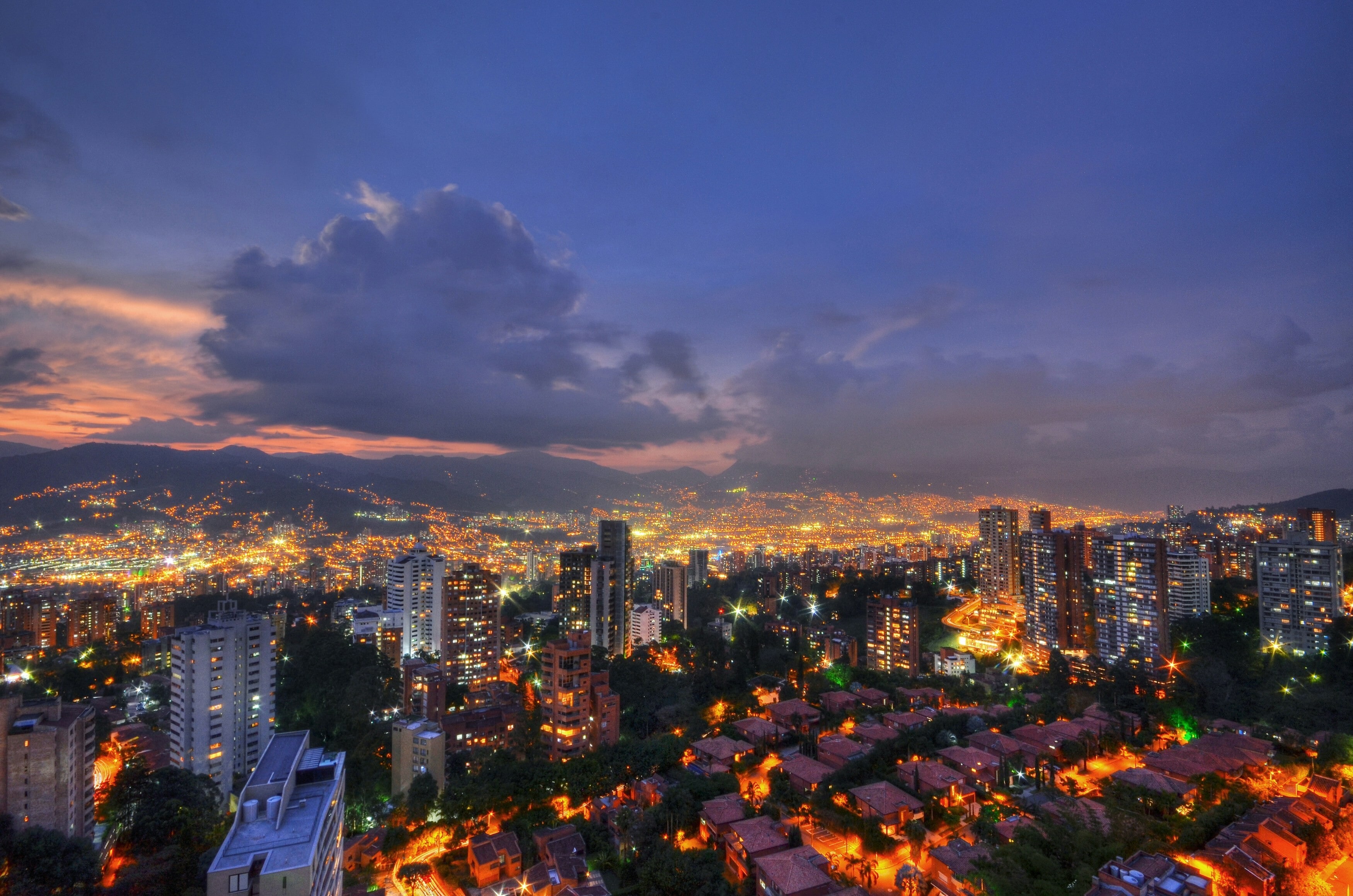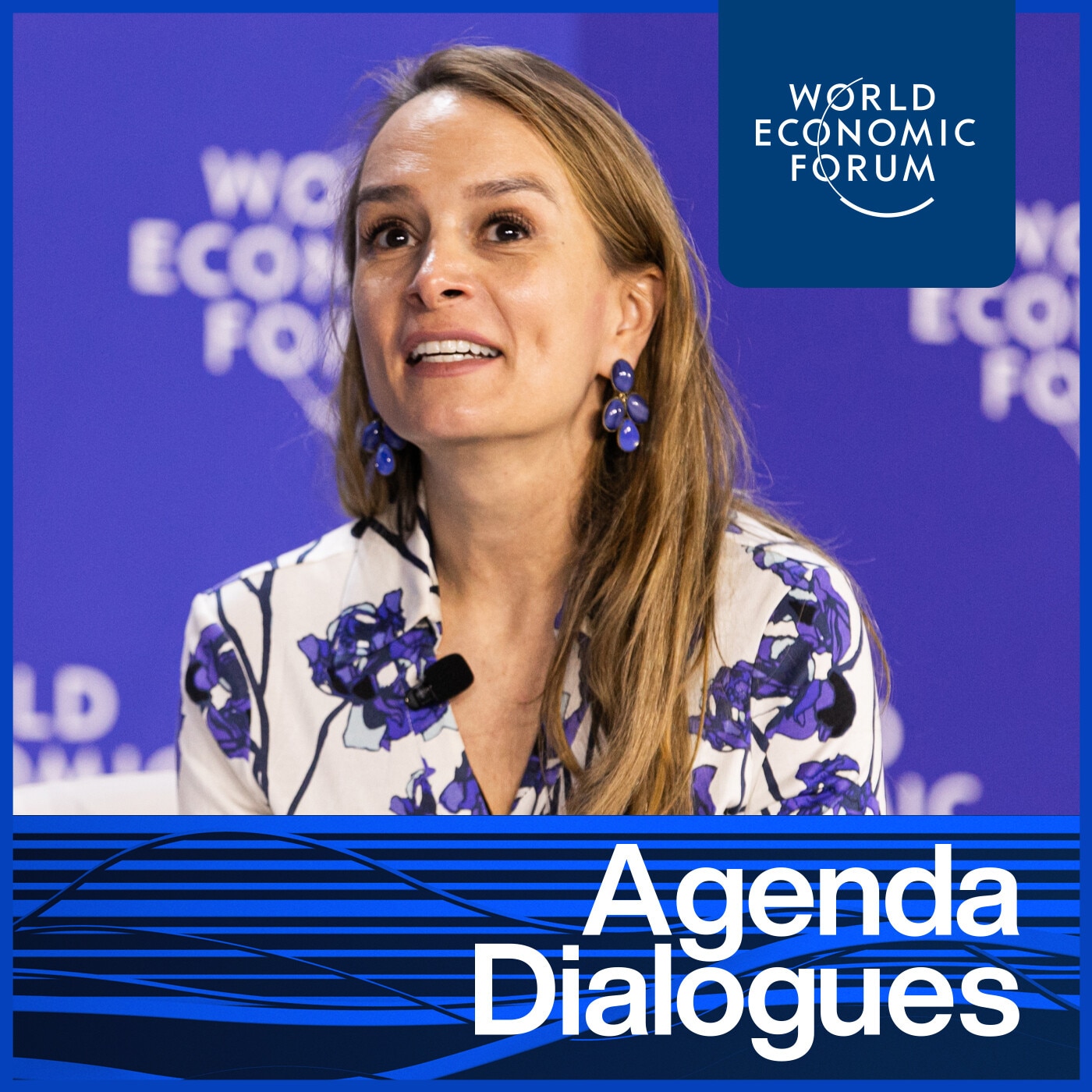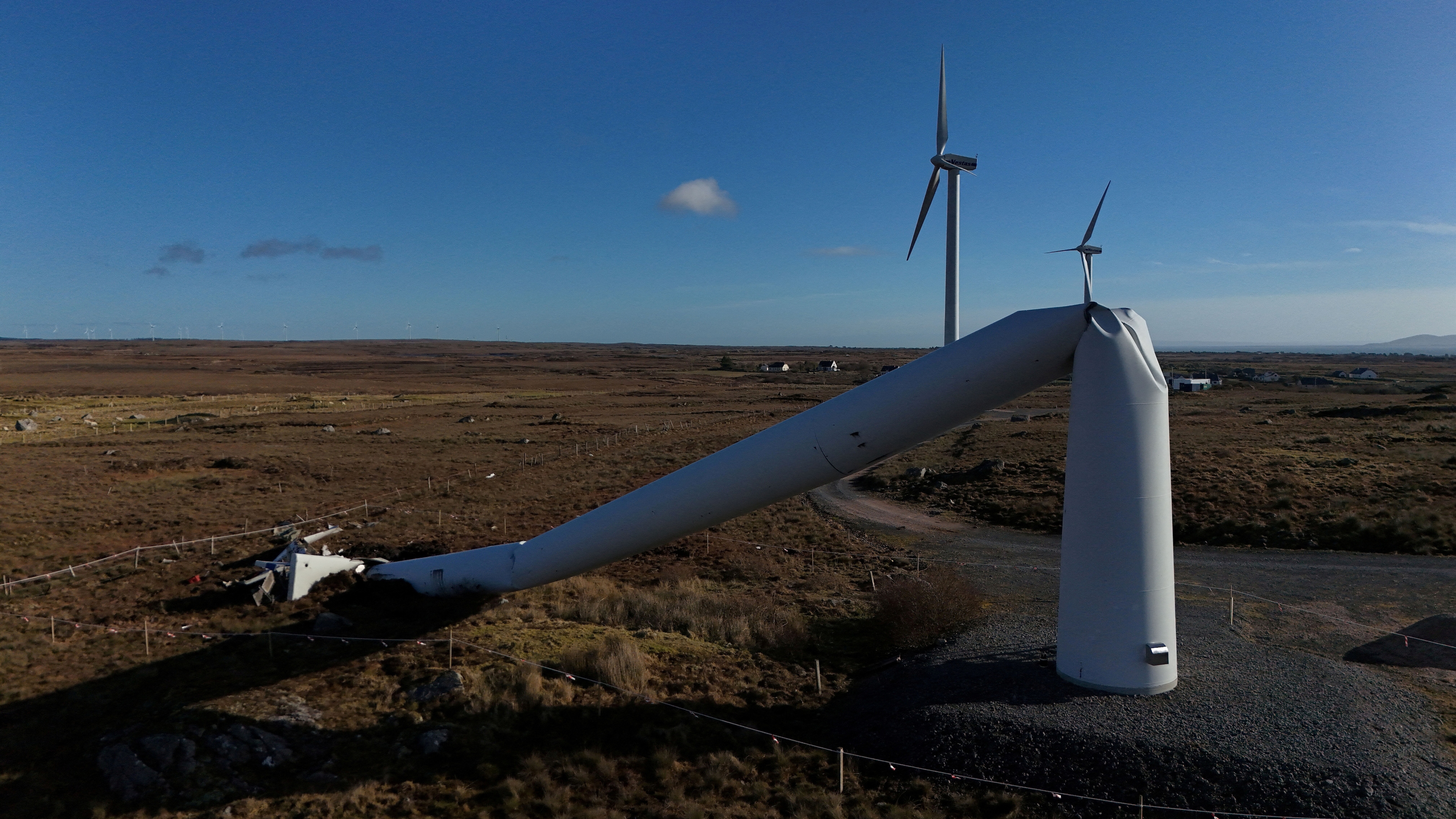Why our high seas need the rule of law

Stay up to date:
Justice and Law
It’s a place where the rule of law is almost entirely absent, with virtually no governance or policing. Illegal, unreported and unregulated economic activities are common. The powerful seize non-renewable resources at the expense of the powerless. Environmental degradation is on the rise.
That may sound like a description of a failed state, a desperately poor country beset by civil war or a fictional dystopia. But it is none of the above. The vast region (45% of the earth’s surface) with next to no governance or rule of law is the high seas – nearly two-thirds of the global ocean that lies outside any country’s jurisdiction.
How is this possible? After all, there is the legally binding 1982 United Nations Convention on the Law of the Sea, which has been ratified by 166 states and the European Union. When UNCLOS was negotiated, the high seas were protected because they were inaccessible. But technological advances have enabled the search for resources to extend farther and deeper than ever before. Fishing vessels can now operate across the ocean, and deep-sea drilling provides a growing proportion of our oil and gas. UNCLOS has not kept pace with these developments.
Fisheries, shipping and seabed mining are all regulated separately. No governance framework is in place for emerging high-seas industries such as energy production. Transparency and accountability are weak, and there is little enforcement of rules.
Moreover, the authorities have limited power to intercept vessels suspected of illegal activity. This has hampered international cooperation to counter illegal fishing, smuggling of weapons and drugs, human trafficking, piracy and the use of vessels in terrorist operations.
The consequences are dire. The ocean is the planet’s life-support system, keeping it healthy and productive. But overfishing and pollution are causing tremendous damage.
Marine debris causes the death – by drowning, suffocation or starvation – of some 1 million seabirds and around 100,000 marine mammals (seals, whales and dolphins) every year, not to mention the hazard posed to shipping by sea junk. Plastic pollution, including pellets and micro plastics that enter the food chain and can endanger human health, is a growing problem.
Likewise, rising temperatures are reducing the ocean’s capacity to carry oxygen. Increasing levels of carbon dioxide are causing ocean acidification and unprecedented changes in chemical and physical conditions, which in turn are affecting marine organisms and ecosystems. The very life of the global ocean is under threat.
The time has come to bring the rule of law to the high seas. That is the purpose behind the Global Ocean Commission, an independent international body comprising former heads of state, ministers and business leaders. I am one of the commissioners. Last week, we proposed a rescue package that offers eight options for improving governance and restoring ocean health.
To strengthen high-seas governance, the Global Ocean Commission is joining the call for a new agreement under UNCLOS to protect biodiversity beyond national jurisdiction. Less than 1% of the high seas is currently protected, so it is crucial that this new agreement includes provisions for creating conservation areas.
We are also proposing that an international convention be adopted to establish liability and compensation for both economic losses and ecological damage caused by offshore oil and gas exploration and production, which should also always be subject to legally binding safety protocols.
Despite overfishing, a handful of countries – including the United States, Japan and China, as well as the EU – are artificially supporting industrial high-seas fishing. Without subsidies, high-seas fisheries would not be financially viable. We are proposing that subsidies be capped immediately and eliminated within five years, and that countries be fully transparent about all fishing subsidies, about 60% of which directly encourage unsustainable practices.
Moreover, to eliminate illegal fishing, which strips our oceans of marine life, we are calling for mandatory identification numbers and the tracking of all high-seas fishing vessels, and a total ban on trans-shipment at sea. By closing loopholes, we will finally close our ports and markets to illegally obtained fish. An independent “global ocean accountability board” – the creation of which we are also proposing – should monitor progress on all these fronts.
In five years, if ocean decline continues and adequate prevention measures have not been implemented, the international community should consider turning the high seas – with the exception of those areas where action by regional fisheries management organizations is effective – into a regeneration zone where industrial fishing is forbidden.
We can reverse ocean degradation, and turn the cycle of decline into a cycle of renewal. We know what needs to be done to restore ocean health, but we cannot do it alone. Delivering change will take political will and require joint efforts by governments, businesses and civil society. It can and must be done.
Join our mission at missionocean.me. The time to act is now. Unless we respond with strong governance and the necessary tools to enforce regulations, ruthless pirate fishing will continue with impunity, there will be no binding international safety standards for deep-sea oil and gas drilling, and plastic pollution and abandoned fishing gear will continue to proliferate. The more the global ocean struggles for life, the more our children and future generations will struggle for theirs
Author: Andrés Velasco, a former presidential candidate and finance minister of Chile, is Professor of Professional Practice in International Development at Columbia University’s School of International and Public Affairs.
Image: Fishermen check their nets for the day’s catch as an oil tanker is seen in the distance near the port in the north-western city of Duba April 20, 2013. REUTERS/Mohamed Al Hwaity
Don't miss any update on this topic
Create a free account and access your personalized content collection with our latest publications and analyses.
License and Republishing
World Economic Forum articles may be republished in accordance with the Creative Commons Attribution-NonCommercial-NoDerivatives 4.0 International Public License, and in accordance with our Terms of Use.
The views expressed in this article are those of the author alone and not the World Economic Forum.
Forum Stories newsletter
Bringing you weekly curated insights and analysis on the global issues that matter.
More on Climate ActionSee all
Tom Crowfoot
August 12, 2025
Luis Antonio Ramirez Garcia
August 11, 2025
Michael Fröbel and Stanislas Hillen
August 8, 2025
Elizabeth Henderson and Daniel Murphy
August 8, 2025




